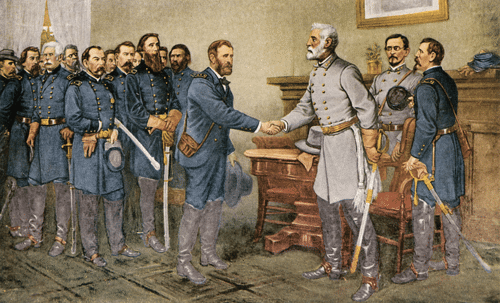Are you fighting the idea of going to a settlement conference with your soon-to-be-ex? I'm not surprised. I often need to convince clients that participating in a voluntary settlement conference is good for them. Some of my clients balk at the idea of meeting with the opposing side, expressing their feelings that it would be a big waste of time and money. On occasion, they are correct. Some cases need to go to trial.
When a family law matter cannot settle, it is usually due to a situation where there is a considerable amount of money on the table. The disputed issues have unique factual or legal questions that are best left in the hands of a judge. There are also cases where the other side is acting extremely unreasonable, and common sense tells you nothing will change in mediation. Finally, there are cases where a party needs the judge to make favorable factual findings in order to prevail on an important issue. For example, when the client is the victim of domestic violence, the court's findings will significantly impact the judge's rulings with respect to child custody and spousal support. However, in most matters, people should avoid going to trial because they will benefit substantially more by settling their issues in mediation.
To make my point, I analogize my client's family law matter to the messiest and costliest domestic dispute in our country's history, which was ultimately resolved at a settlement conference: the Civil War.
Imagine what it was like when Generals Grant and Lee met at the Appomattox Court House to negotiate an end to the war. It would be an understatement to say both men were feeling awkward and nervous before the meeting. Grant and Lee had fought against each other for four bloody years with the goal to either capture or kill each other.
The meeting was arranged at a time when Grant had the confederate army on the run. The outcome of the war was inevitable. Lee's dwindling army was starving and could not continue to fight for much longer.
If victory was certain, why did Grant invite Lee to the meeting? Why didn't he just "pull the trigger" and completely decimate the confederate army? As a gallant soldier, why didn't Lee continue fighting to the bitter end? The answers lie in the fact that these generals had witnessed the carnage of war. They saw men and women die in battle. They knew that by continuing to fight, there would be thousands of more deaths. Grant and Lee also knew that our country's chances of healing and having lasting peace could only come by negotiating an end to the war.
As a family law attorney, I represent many people who have been at war with their spouses for years. I've seen the wreckage people cause on each other. They deplete their life savings and create an even more hostile relationship with their hurtful words spoken in at trial. I have also witnessed the suffering children experience as a result of their parent's actions.
Fortunately, most people with family law matters who participate in settlement conferences end up settling their cases. All issues can be settled in mediation, including issues involving child custody, support, property division, and reimbursement claims, and attorney's fees.
Even when settlement conferences do not end with an agreement, my clients benefit. Settlement conferences are the best way to prepare for trial. Participating in a settlement conference allows us to test the strengths and weaknesses of the case. We listen to the opposing side’s theories and get a look at their evidence, which gives us a heads up on how to proceed at trial.
Also, when the parties cannot resolve all their issues, they can settle most of them and then go to trial on the remaining few, saving them a ton of money.
If the above reasons are not convincing, keep in mind you really have no choice than to attend a settlement conference. The benefits of attending settlement conferences are so apparent to the family court that parties are required to meet and confer with each other prior to going to trial. In most cases, the family court will order the parties to attend a Mandatory Settlement Conference with a neutral judge as a last chance attempt to save the government's expense of going to trial.
In the final analysis, your war in family law is probably not as unique as you may believe it is. Millions of cases like yours settled. Many of the cases that have settled were also far more complex and messy than yours. After all, if Grant and Lee could settle their war, why can't you?

